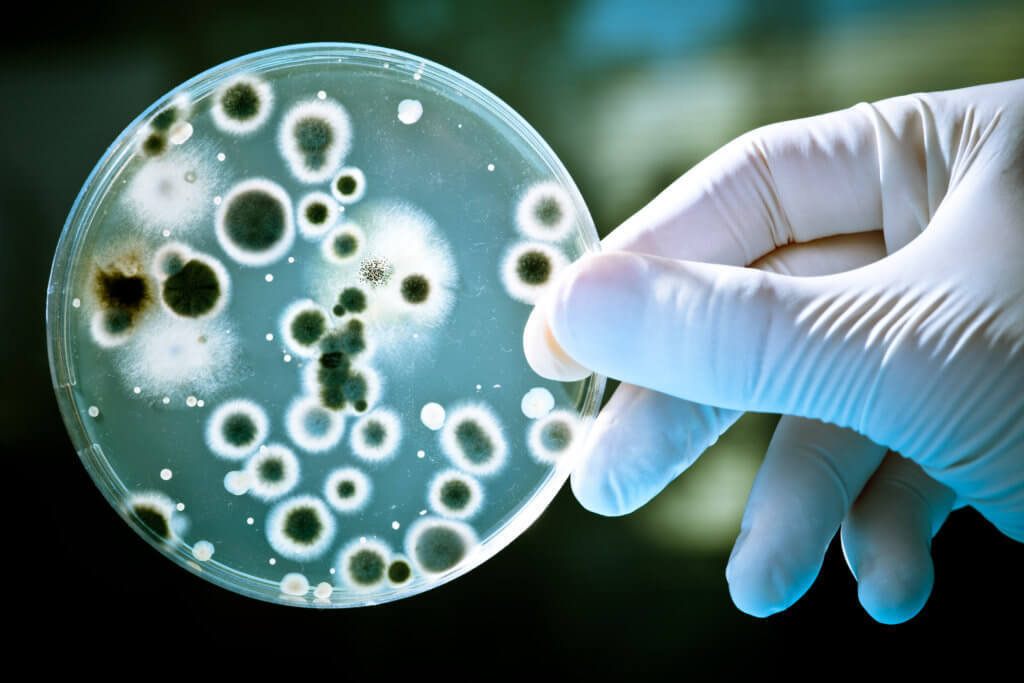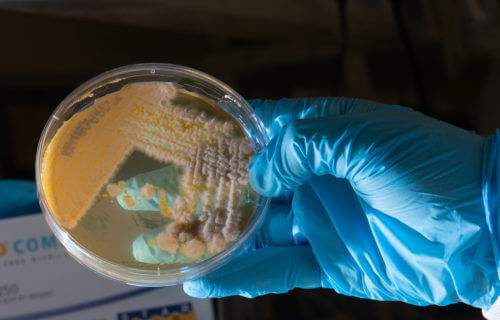LONDON — The field of medicine was forever changed with the discovery of antibiotics. For decades, antibiotics have solved some of the worst bacterial infections around the globe. However, antibiotics have also been contributing to a new problem — the birth of antibiotic-resistant bacteria. Now, a recent study has found that overusing antibiotics helps promote the growth of drug-resistant germs in a person’s gut.
Broad-spectrum antibiotics, for example, attack any kind of bacteria that it comes across, including those that are good for your gut microbiome. With the destruction of “good” bacteria, the remaining disease-causing bacteria have more access to nutrients which help them grow.
One broad-spectrum antibiotic that’s only used as a last resort in treatment are carbapenems. It does a good job of wiping out bacteria, but this includes the “good” and “bad” ones. Repeated use of the drug spurred a class of carbapenem-resistant bacteria, called Enterobacteriaceae.
To study how these resistant bacteria grow and thrive after antibiotic use, the authors tested samples of human feces along with experiments in mice and lab tests on carbapenem-resistant bacteria.

Like any living thing, bacteria need nutrients to stay alive. The experiments showed that when antibiotics annihilated the “good” bacteria, there was less competition for food in the gut. In other words, the remaining disease-causing germs helped themselves to a banquet of nutrients.
Destroying the beneficial bacteria also reduced the amount of waste products they made. Known as metabolites, some created from “good” bacteria are programmed to stop the spread of ‘bad’ germs.
“Understanding how antibiotics cause carbapenem-resistant Enterobacteriaceae to grow in the intestine means that we can develop new treatments to restrict their growth in the intestine, which will lead to a reduction in these antibiotic-resistant infections,” says Alexander Yip, a professor in the Department of Life Sciences at Imperial College London and first author of the study, in a university release.
By identifying the surplus of nutrients for disease-causing bacteria to devour, the researchers are now looking for ways to stop this access. First, they will need to find “good” bacteria that can outcompete pathogenic bacteria for nutrients and create metabolites that stop pathogenic bacterial growth.
The goal is to create gut-tailored treatments called microbiome therapeutics.
“When a patient is taking antibiotics we could give them inhibitory metabolites to restrict the growth of resistant bacteria. After a patient has stopped taking antibiotics we could give them a mixture of beneficial gut bacteria to help their gut microbiome recover, restore depletion of nutrients, and restore production of inhibitory metabolites,” explains Julie McDonald, a professor at the Center for Bacterial Resistance Biology at Imperial College London.
The study is published in the journal Nature Communications.
You might also be interested in:
- Taking probiotics while on antibiotics could protect your gut microbiome
- 3 Unhealthy Foods That Damage Your Gut Health
- Antibiotic-resistant bacteria contaminates an entire hospital ICU

